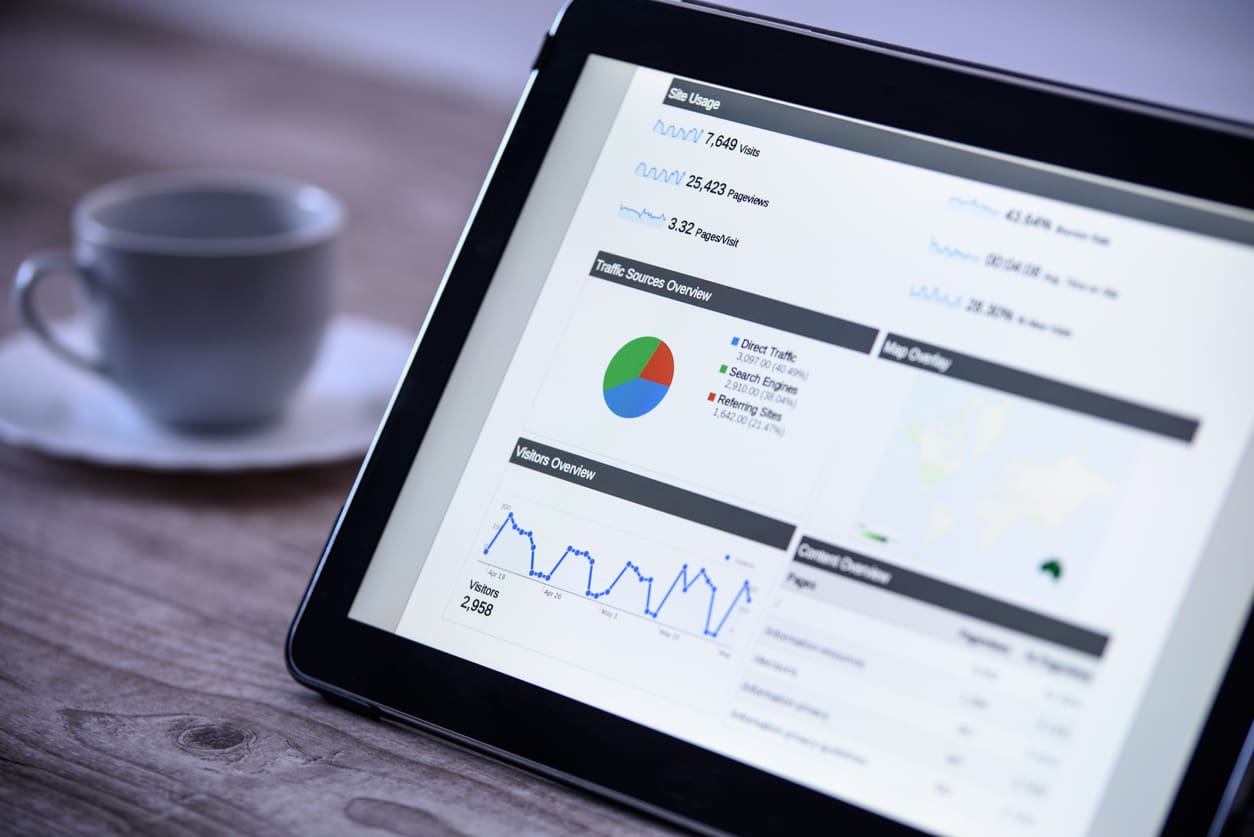The Google Analytics 4 announcement may come as a surprise to many, and it will undoubtedly have an impact on the nearly 30 million websites that currently use Google Analytics. We have a little more than a year to switch from Google Analytics and become acquainted with GA4’s new interface. This migration will employ new ways of thinking; it will necessitate that we all adapt our internal processes, learn new technology, and become more mindful of how and why we collect customer data. Here’s what you should know.
Why Is This Happening Now?
Google Analytics 4 was released to the market in October 2020. We all assumed that Universal Analytics would be around for at least three to five years longer because no definitive end-of-life date had been announced; however, this is no longer the case. A few external factors are driving Google’s decision to accelerate the migration to GA4 and phase out Universal Analytics earlier than expected.
While Google has not stated this explicitly, it is rumoured that the most pressing external factor is recent scrutiny of Universal Analytics in terms of data privacy laws and regulations, such as the Austrian Data Protection Authority’s decision that Universal Analytics likely violates GDPR. Rather than rewriting Universal Analytics to be compliant, Google has chosen to accelerate the transition to GA4, which is more compliant.
In Universal Analytics, for example, data privacy controls are opt-in, which most websites will choose not to use. Privacy controls are enabled by default in GA4. In GA4, for example, IP address anonymization is always enabled and cannot be disabled.
What About My Old Data?
To be clear, up until June 30, 2023, you can still use and gather new data in your Universal Analytics properties. On July 1, 2023, all regular Universal Analytics properties will stop processing new hits. After this time, you will only be able to access historical reports of the data that has already been processed for a maximum of six months in Universal Analytics. On October 1, 2023, these properties will stop processing new hits if you’re using Google Analytics 360, the paid version of the software.
Although Google has not yet provided a precise date for when users will no longer be able to access the Universal Analytics interface, we advise assuming the worst and hoping for the best. By the end of 2023, Google will likely stop all operations completely. Thus, you have just over a year to bid your properties, Universal Analytics, farewell. Before December 2023, you should at the very least: 1) switch to GA4; and 2) export your historical data from Universal Analytics. The least amount of disruption to your reporting processes will result from doing this.
Waving Goodbye To Universal Analytics
Especially for those of us who have relied heavily on Universal Analytics over the past ten years, we are aware that this process can seem a little intimidating. It’s simple to remember how much time was spent setting up metrics, gathering information, and producing reports that met our needs thanks to this practical single interface. Furthermore, to shorten the learning curve for its users, the Google Analytics community has spent the last ten years developing best practices, templates, and tutorials.
However, we now have to start over in GA4. We have the incredible opportunity to usher in and embrace the next generation of Google Analytics—a tool created especially for the future of digital analytics—as we prepare to bid our final farewells to what we have all come to know, love, and occasionally loathe about Universal Analytics.
Media Giant
Contact us today for more details on the new Google Analytics 4 features, help to switch over, or learn how to use data for a productive digital marketing strategy.





